Sometimes dementia caregivers need others to understand how important we really are to our loved ones, to families and to society. Please have a read of 24 Eye-Opening Truths About Being a Dementia Caregiver. We’re more than you think!
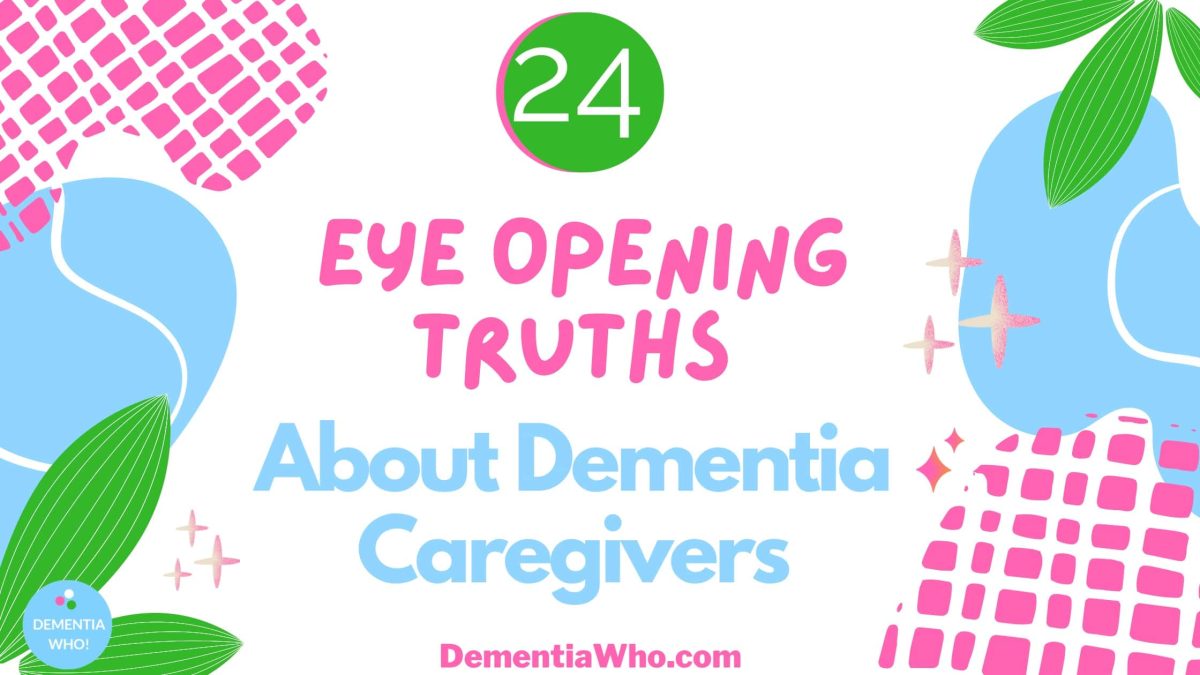
#1 – We’re Inspiring!
Dementia caregivers can inspire others through their dedication, compassion, and resilience. By sharing our experiences and insights, we can offer hope, encouragement, and practical advice to other families facing similar challenges, helping to create a supportive community of dementia caregivers. That’s what I hope to do as well.
#2 – More Than A Caregiver
As caregivers, we get pigeonholed into this role as “the caregiver,” and if we’re not careful, our entire identity can get consumed by being a caregiver. But we are more than that. We held down jobs (or still are), and have our passions and our dreams, but it’s easy for people to forget all that whilst caregiving.
#3 – We’re resilient!
Dementia Caregivers are resilient. You have to be. Things you never thought you could do, you do. You get knocked down but get back up. You build this inner strength and learn to fight & advocate for your loved one despite the obstacles put in your way. You learn to deal with the daily challenges of caregiving for someone with dementia, building new skills whilst living with someone you know but is also different from the person you once knew.
#4 – We’re organised & adaptive
We have to be well organised to help our loved ones manage their lives, dealing with all the forms that come with it, all the applications for equipment, dealing with medications, meal planning, dealing with care workers, medical emergencies at more. Dementia Caregivers are always on call and need to respond to whatever the day throws at them.
#5 – We’re Constantly Learning
There’s so much to learn about caregiving for someone with dementia. The more you learn, the better prepared you will be for the changes that are likely to come. We learn from each other in forums, social media and by scouring the internet. We become experts in looking after our loved ones.
#6 – We Always Have To Think Ahead
How many of you have sat down and planned the future of a loved one together to the end? Talk about Wills, Lasting Power of Attorney (LPA) for Health & Finance, and Advanced Directives. You need to have those conversations and get the paperwork done now. Banks won’t allow you access to your loved one’s account to pay bills without LPA.
We need to get everything in place to make sure not only our loved one’s life is easier but our own too! The Future Planning Handbook is a good starting point for someone new to this type of planning. You can work through it together or as a family and store the information digitally which can make it easily accessible to you and if shared with health care professionals.
#7 – Enhanced Patience and Compassion
One thing that distinguishes dementia caregivers from others is their level of patience.You need to be patient and give your loved one’s time to digest information when talking and not rush them. You need to be patient enough to answer the same question with the same energy, you answered it for the first time. You need to be patient to allow them time to express their needs.
#8 – We’re Not Saints!
No one expects to be a caregiver for a family member, friend or child. It happens because of a need! You take on the role for love, or you volunteer or have it thrust on you due to circumstance. Whatever the reason, we’re not saints for doing it, so please stop saying that!
#9- Dementia Caregiving Is More Than Memory Loss
Dementia Caregivers don’t just support people with memory loss from dementia. There are at least 100 different types of dementia, and they present with various symptoms. These can include vision loss, spatial awareness, coordination, mobility issues, loss of taste, increased sensitivity to touch, depression, anger or sorrow, and personality changes. For a caregiver (as well as your loved one), it can be a rollercoaster of emotions and issues to deal with. You’re not just dealing with just a memory issue.
#10- We Want You To Talk To The Person With Dementia!
If there is one bugbear of mine is having medical professionals, social services, dentists, and physios, anyone who is there to talk about dementia or issues your loved one has and they don’t talk to them directly. They direct all the questions to you, the caregiver! Directing all your questions to the caregiver can make your loved one with dementia feel small, or ignored or increase anxiety, so don’t forget to talk to them directly, please!
#11 – Sense of Purpose and Fulfillment
Caregiving can bring a different level of closeness that maybe you didn’t have before. During every moment of the day, you have the privilege of being right there in the details of your loved ones’ life, witnessing their enjoyment, their accomplishments, and their love. You learn from each other. You realise what’s important in life and put aside relationship difficulties you had in the past.
#12 – Forgiveness is hard!
It’s hard to learn to forgive yourself after you’ve got angry, frustrated, lost your cool at a loved one with dementia or even wanted to walk out when it all gets too much. But we can learn from our mistakes and hopefully get better at it! And we need to get better at learning to forgive ourselves for having those feelings and thoughts. Things can get too much.
#13 – Building a Good Support System
If I go down, I need to know that someone can care for my loved one. If I need help, who can I turn to – that’s why we also need a good support system. People only see us as the support system for our loved ones with dementia. But we also need our OWN support system to prop us up and be that shoulder to cry on, someone we turn to in moments of crisis, to help us through even if that’s just a listening ear.
#14 – Asking for Help
We can be afraid to ask for help because it may look like we can’t cope. Or believe that others will judge us for not being able to soldier on and perceive it as a failure. If you offer help, make it concrete rather than just a statement. E.g. I’ll come around on Wednesday so you can have some time for yourself, rather than let me know if I can help!
#15- Guilt
We feel guilty a lot – guilt at not being good enough for our loved one with dementia, the guilt of losing our temper when frustrations boil over, guilt if they get injured, guilt if they’re having a bad day and you can’t help.It gnaws away at you, makes you feel crap, and yet you still have to get up, brush yourself down and get on with it.
#16 – Exhaustion
We’re exhausted, not just from the strain of day-to-day caregiving, or lack of respite, but because sleep may become elusive when you’re a caregiver. You’re always worried about something, which carries over into some form of anxiety and stress that disrupts sleep. Or maybe your loved one is going through a tough time and cannot sleep, so you decide to stay awake and keep an eye on them.
#17 – Respite
We may get a few hours of respite from family and friends, or from council-funded services if we’re lucky. More often than not, respite can fall through or get canceled at short notice due to them or something with your own health or the health of your loved one. Everybody needs time to recharge, but it’s becoming more difficult to get that respite, because of costs, time issues from family and lack of council or carer organisation funding to provide respite care.
#18 – Prioritising Caring
If you come over expecting a tidy house, I’m sorry to disappoint you. Today is not that day. The reality is we have to prioritise caring over cleaning some days. We have to prioritise making sure our loved one is washed, dressed, engaged, and not wandering or lacking purpose. We pick our battles because our loved one comes first, so we won’t get everything done.
#19 – Isolated
It can be a lonely existence being a caregiver, friends, and family drop away when your life is consumed caring for someone with dementia. They find it difficult or feel awkward around your loved one or don’t know what to say, so they don’t come around or think to phone as they used to. (not all friends; you have some who get it)
#20 – Self Care!
Self Care is such an important step in caregiving and one we tend to overlook. Self-care is about making sure we’re ok both physically and mentally. We need to carve out time for ourselves, which sometimes feels impossible. But if we don’t eat healthily, get some exercise, talk, and let things out, we’re likely to get ill. Practising mindfulness, meditation, and speaking to a counsellor can all help with improving your mental health.
#21 – Small Wins!
We all need encouragement, so it’s imperative as caregivers to celebrate small wins. It could be as small as getting properly dressed that day or managing to help your loved one to eat breakfast. Whatever it is, let’s acknowledge it. Friends & family can encourage us. Don’t tell me how hard it must be, tell me about the good things you see that may not mean anything to you, but mean a lot to me.
#22 – Carers’ Rights!
Did you know as a caregiver, I have rights? I have the right to my life AND to get the support that I need to help my loved one with dementia. Our loved ones should be assessed and have a care assessment to identify their needs through Social Services. We should also get a Carers Assessment looking at how we live, ensure safe practices and what can be done to improve our situation. For more info read Carers Rights for Unpaid Carers!
#23 – Care Costs Can Be Crippling!
Caring for a loved one can be hideously expensive. The extra costs of meeting their physical & emotional needs can be astronomical. Today, for example, we have issues trying to keep our loved ones warm with increasing energy costs, equipment costs, incontinence costs and much more. Sometimes, we use our own lifetime savings to support our loved one.
#24 – Time
If you’re caring for someone with mid to late-stage dementia, you can’t leave them alone for long due to safety reasons, e.g. wandering, falls or not seeing the risks in their actions. Or you may have someone who has attachment issues, so you can’t be out of their sight without them fretting or worrying about where you are. Time is elusive, to do things for yourself or complete tasks for your loved one, but involving your loved one with chores, cooking etc can help.
That’s it, 24 Eye-Opening Truths About Being a Dementia Caregiver. Do you have anything to add? Let me know!

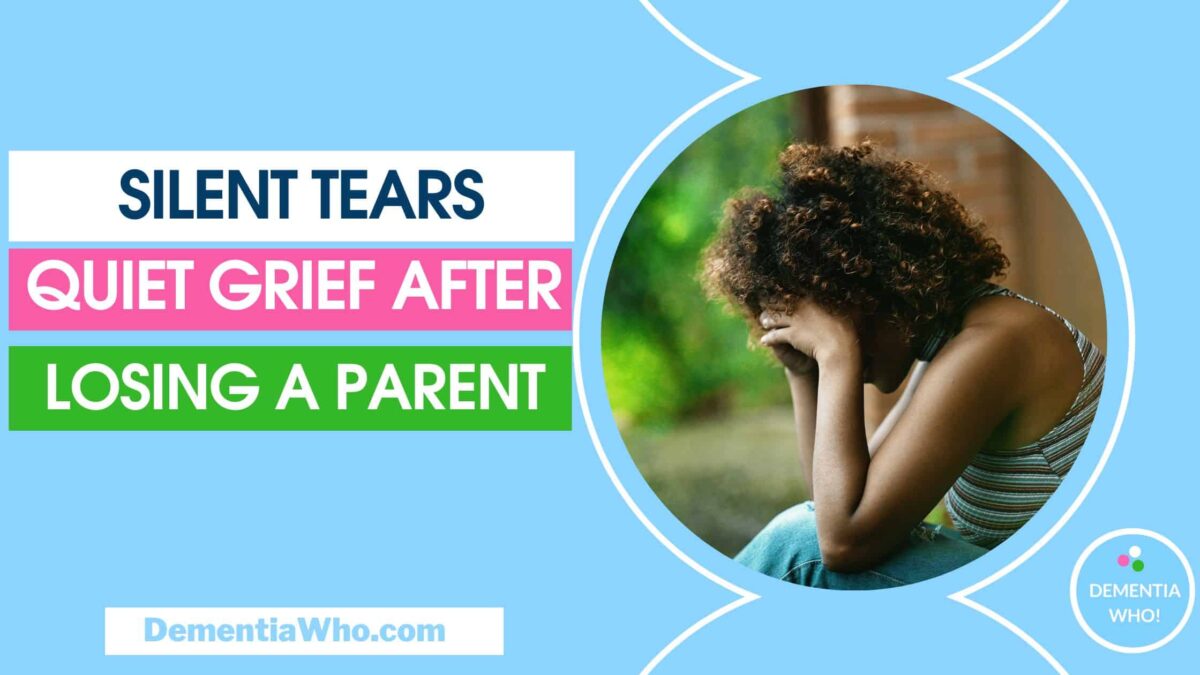
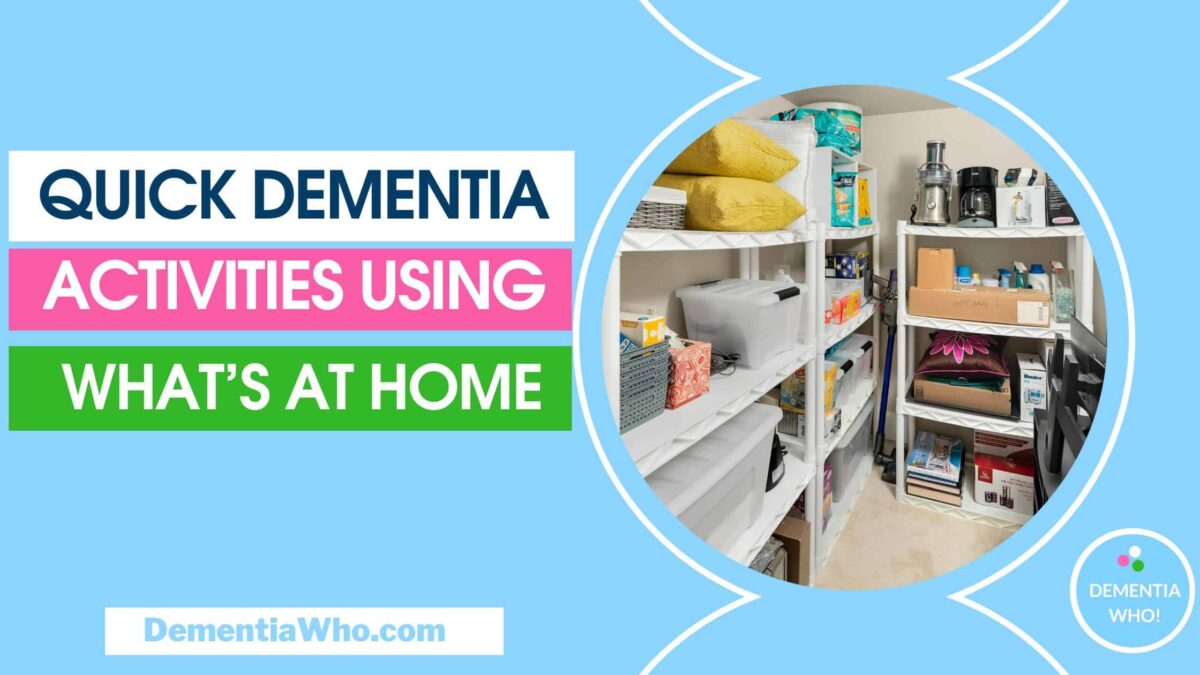
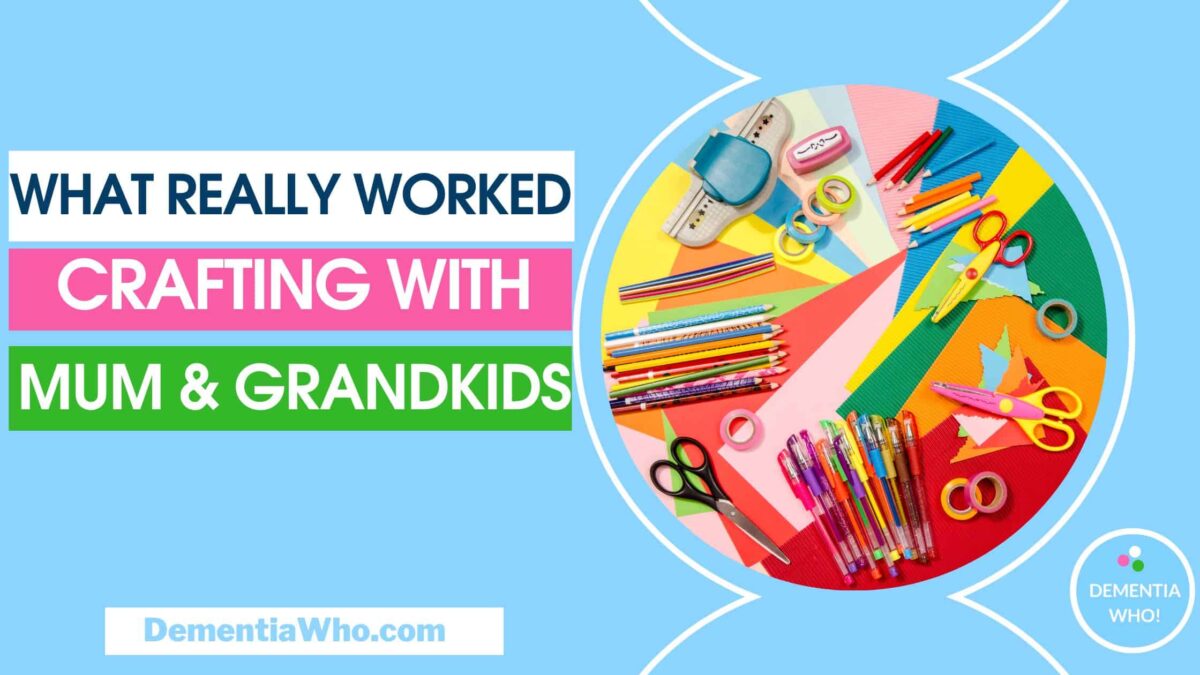
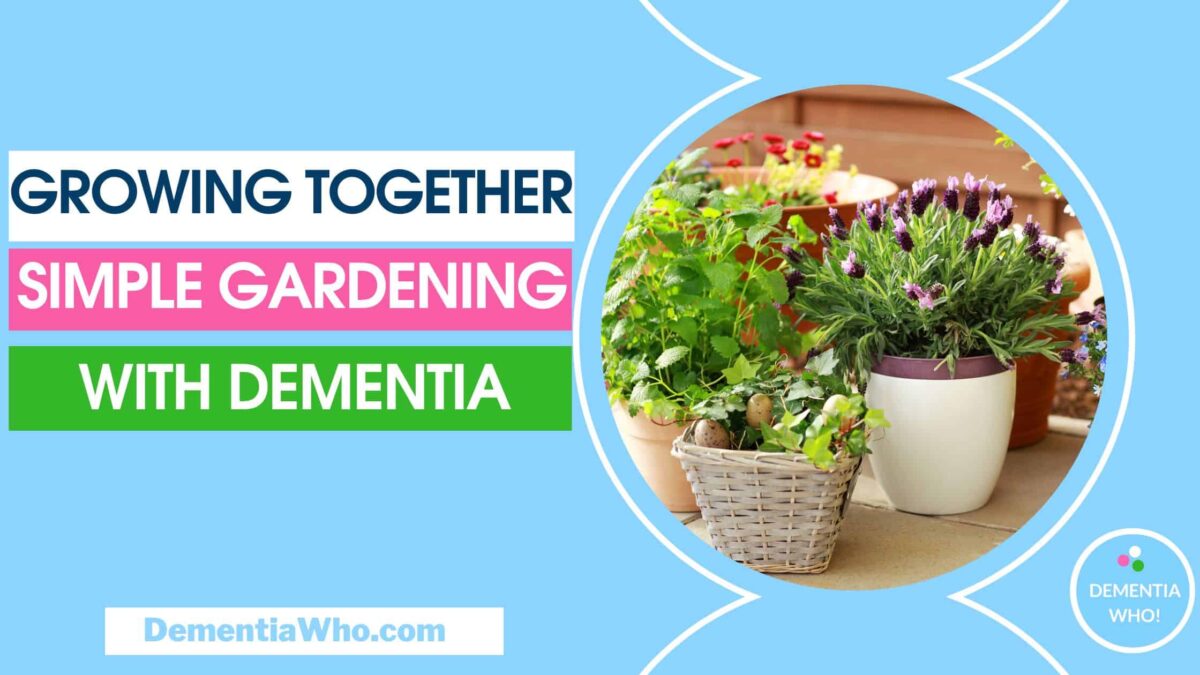
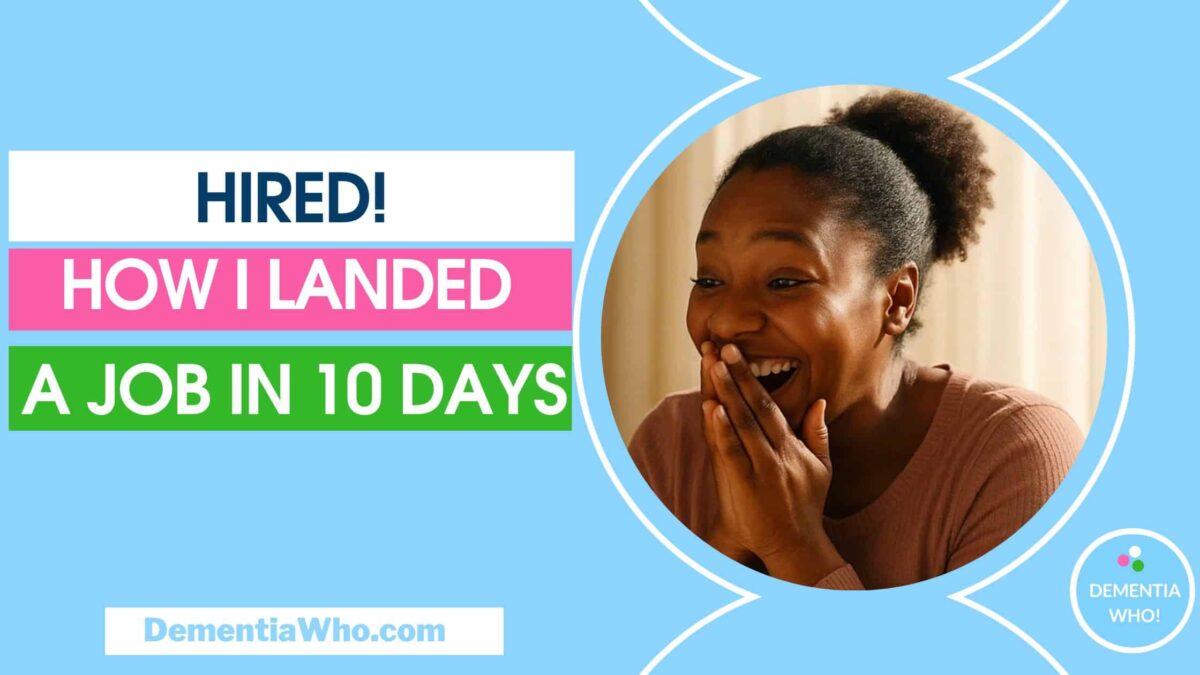
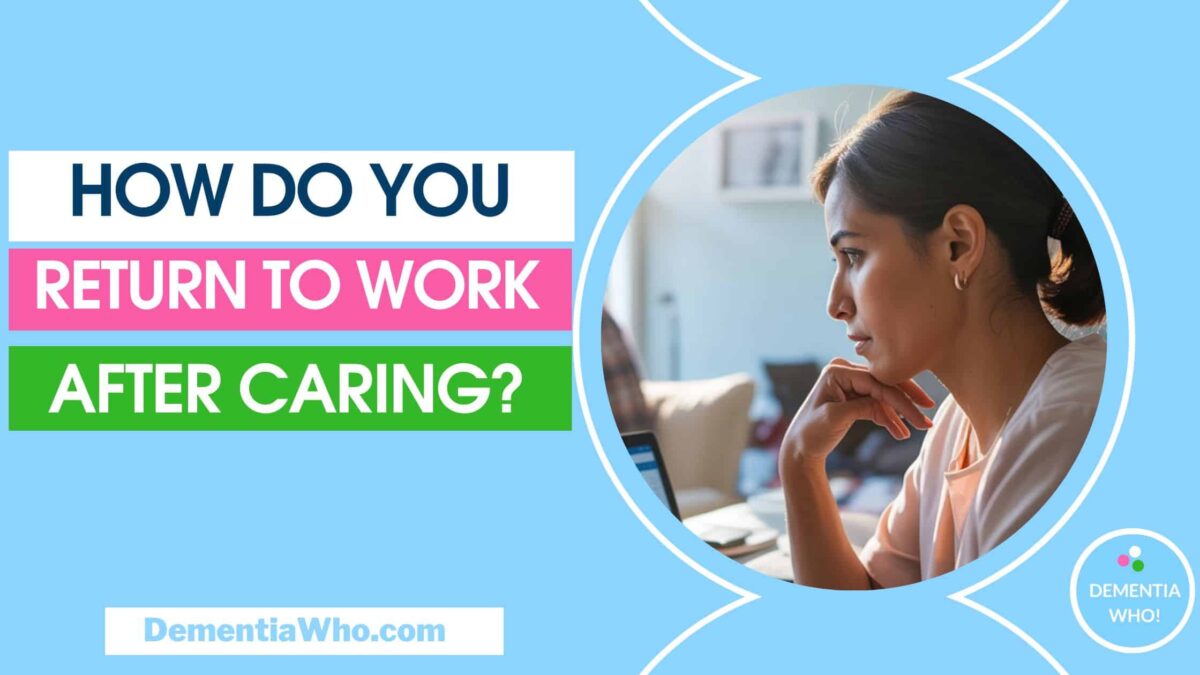


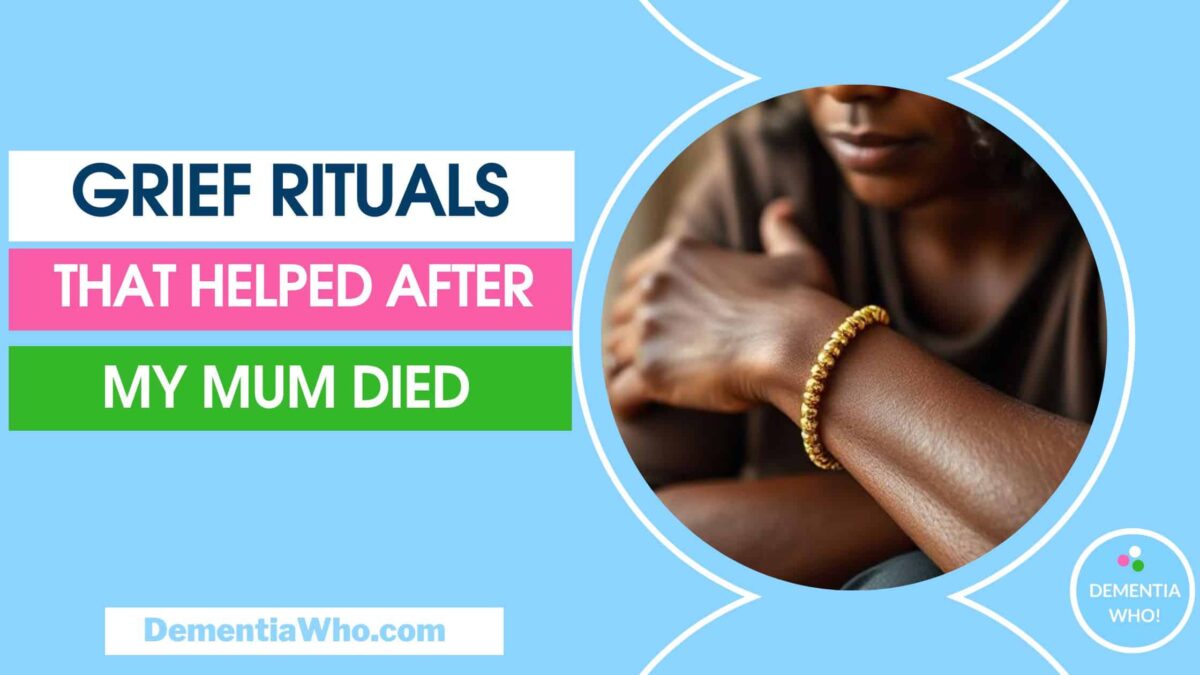
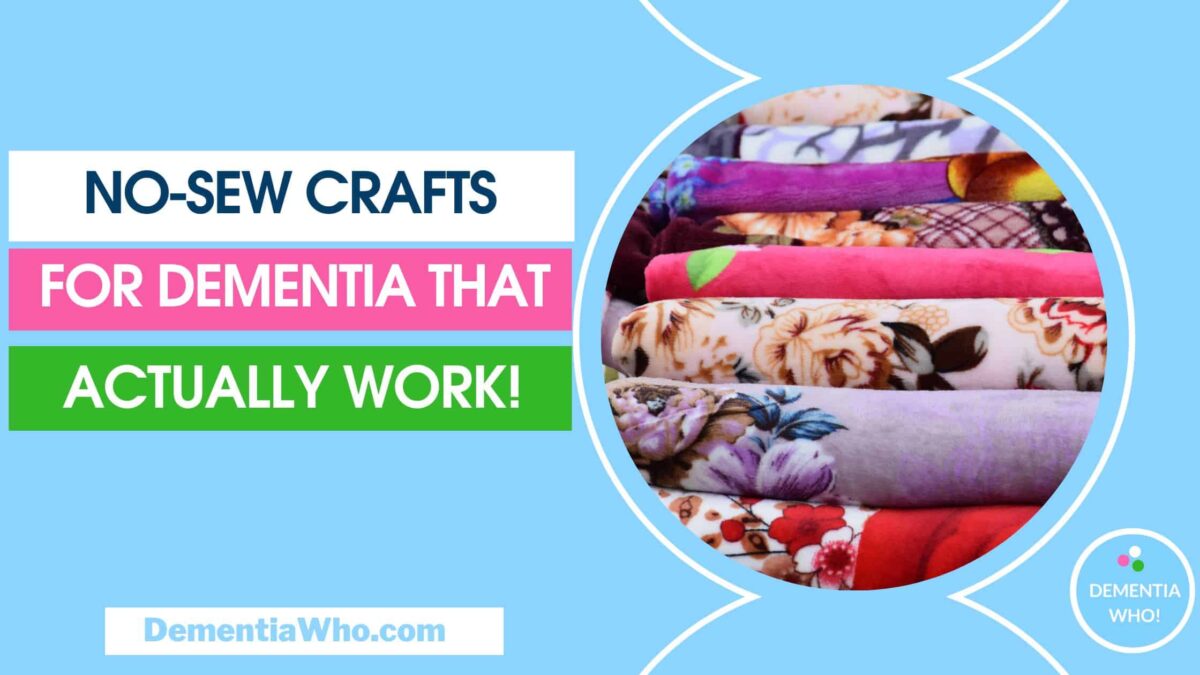
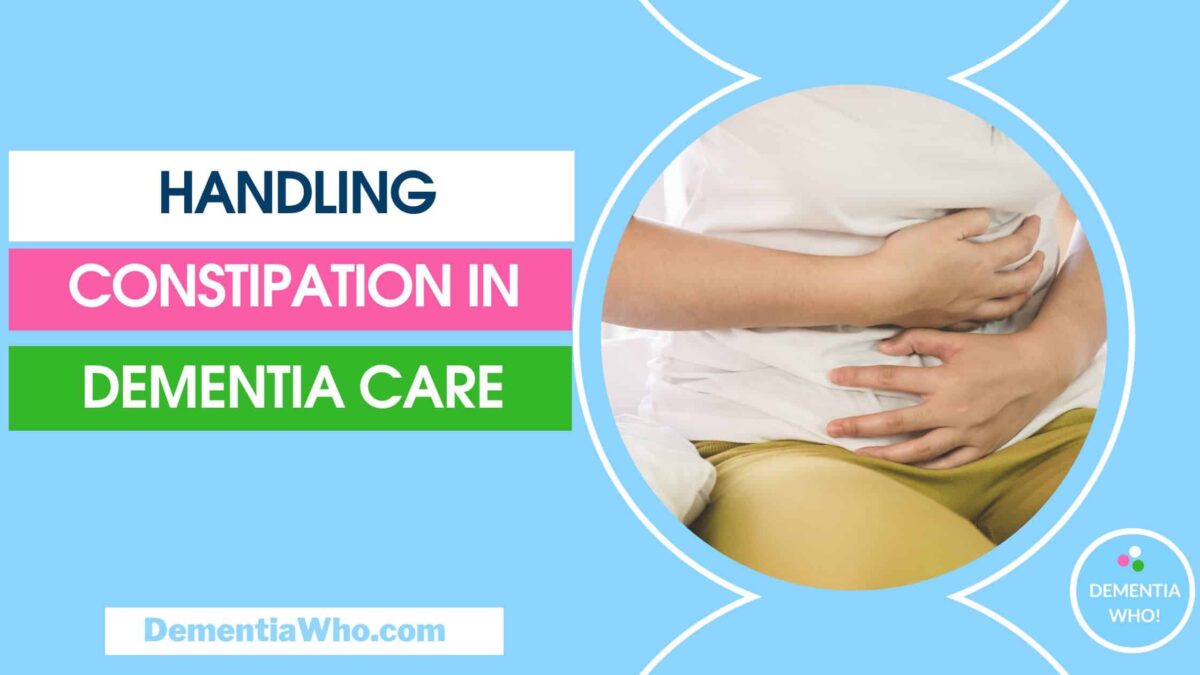
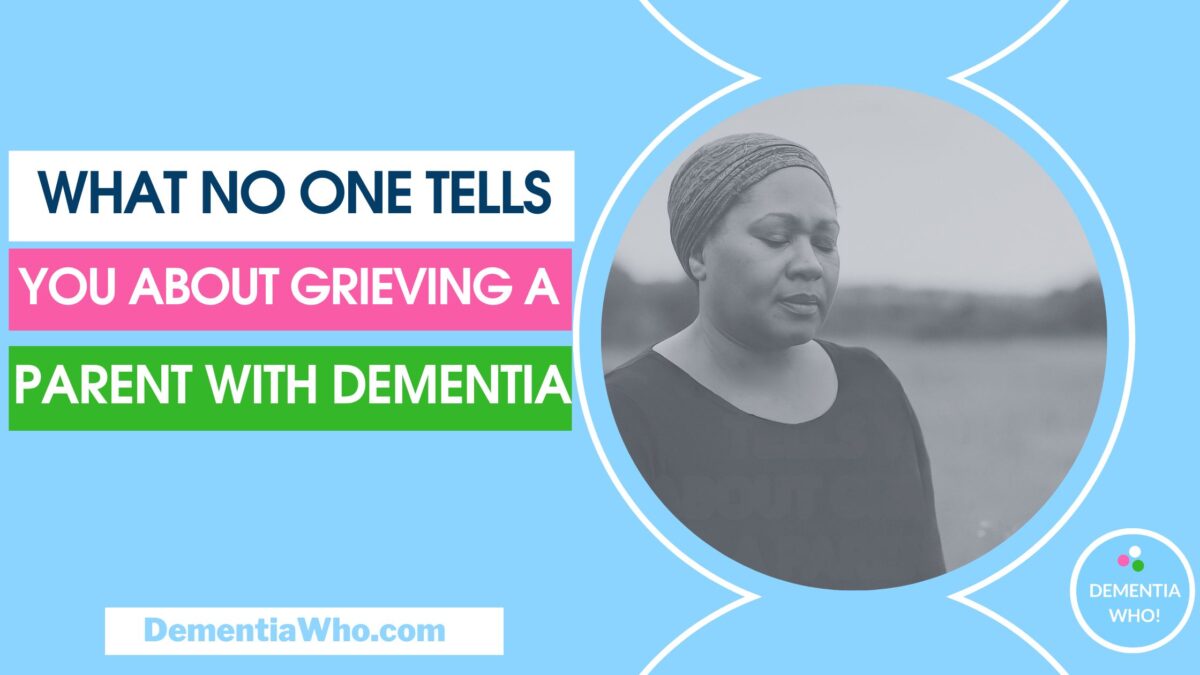
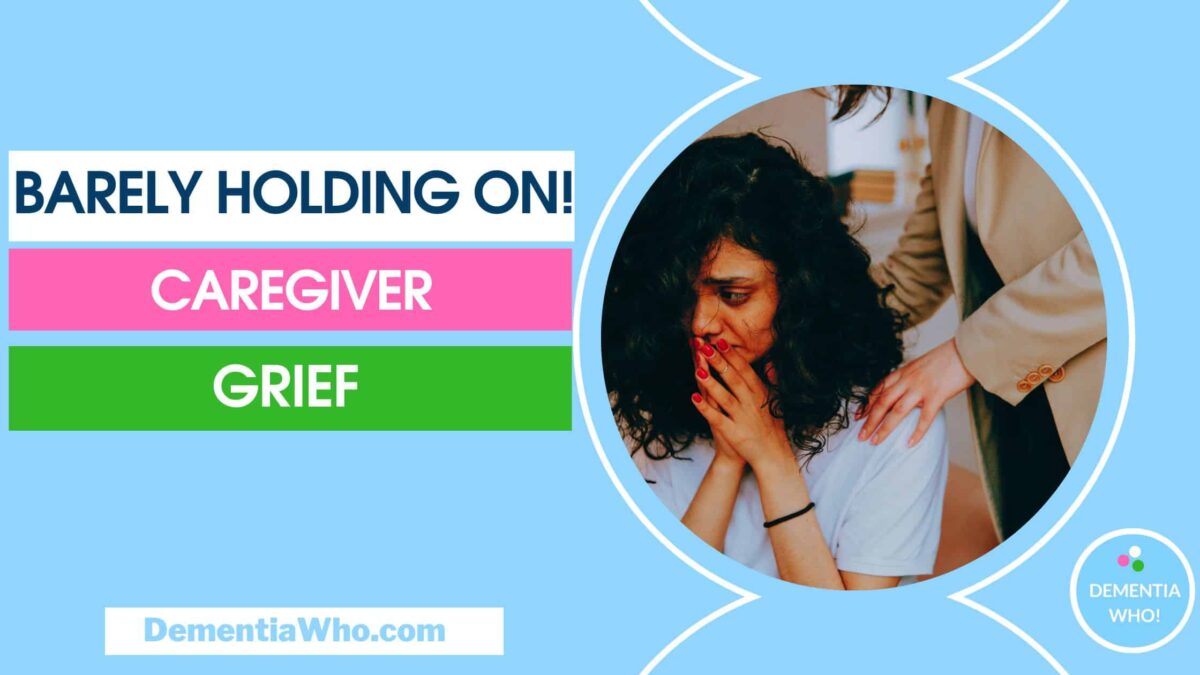
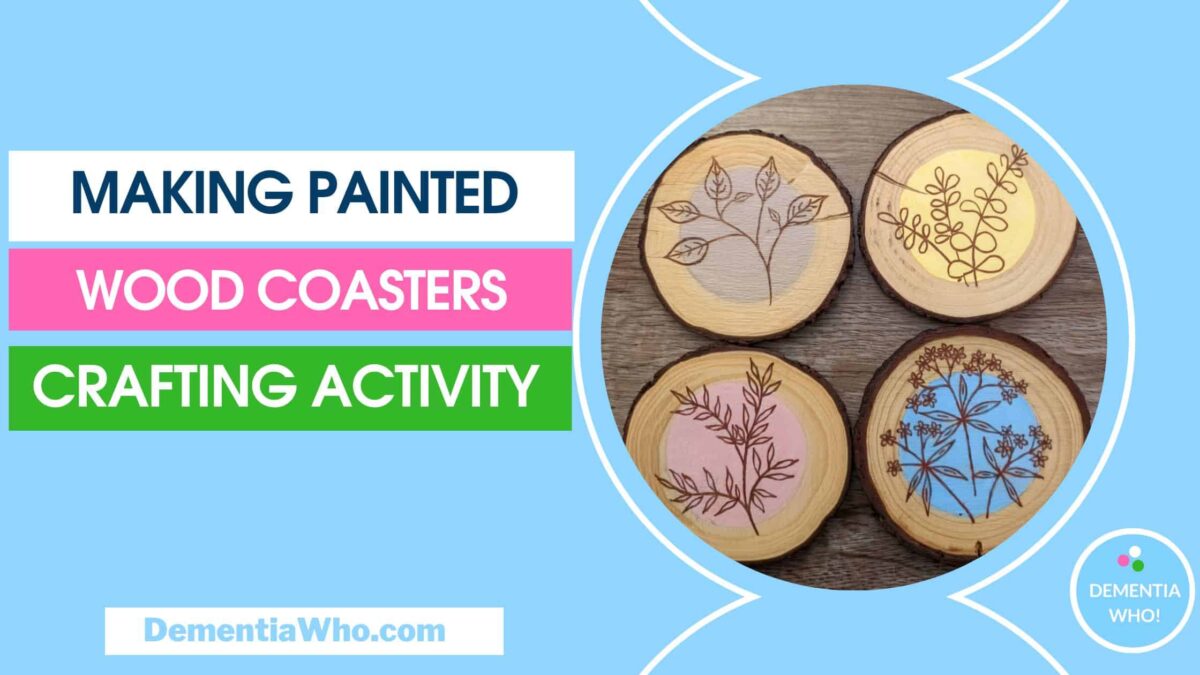
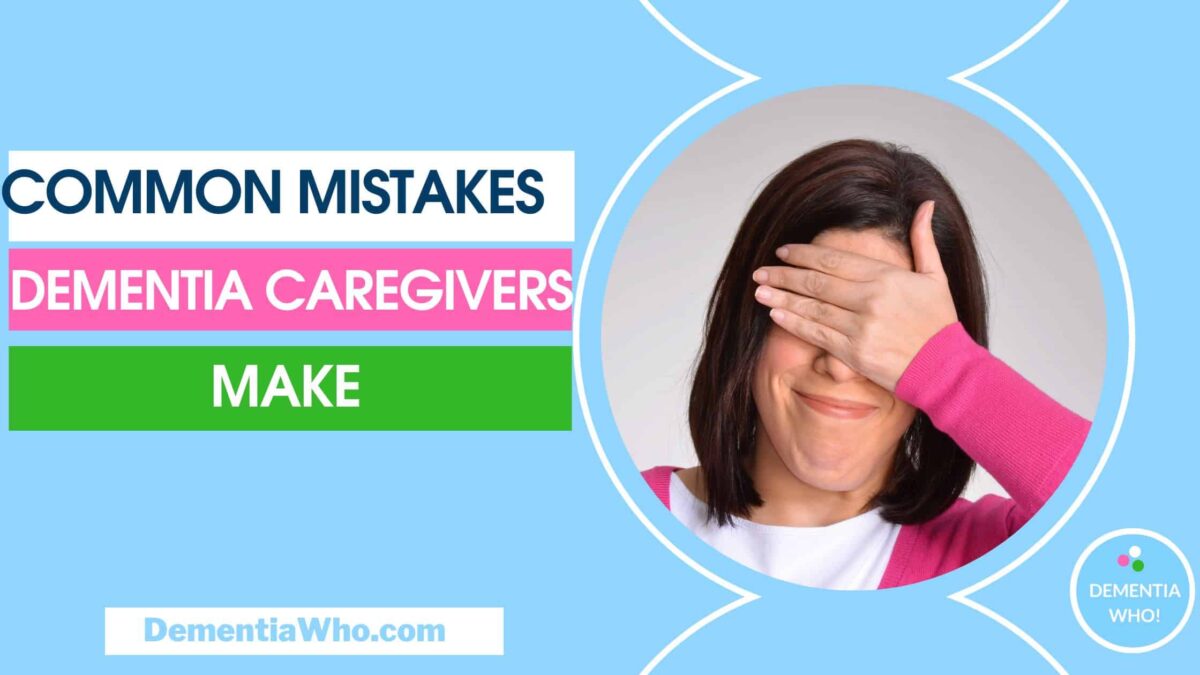
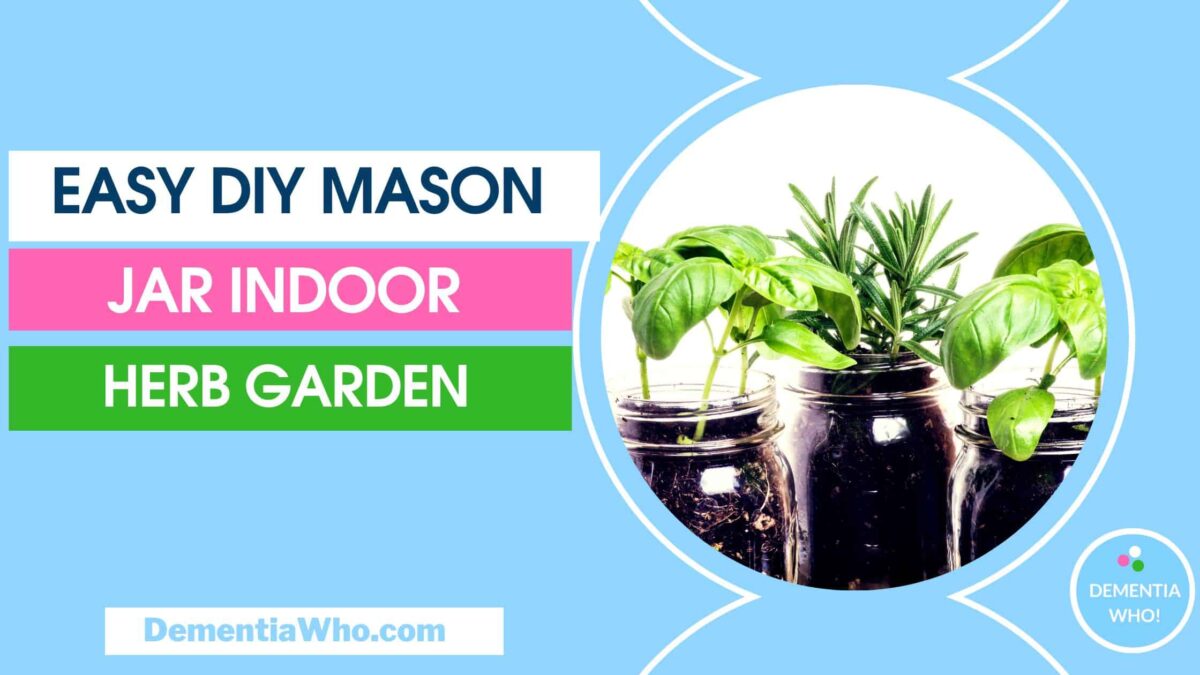
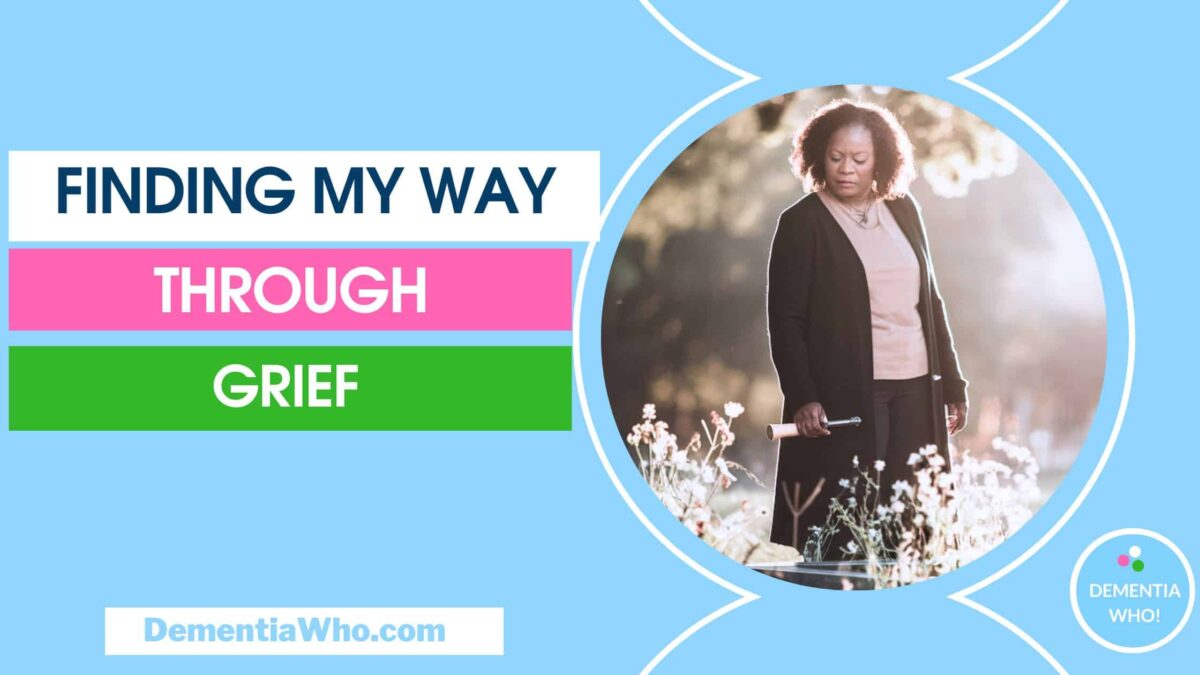
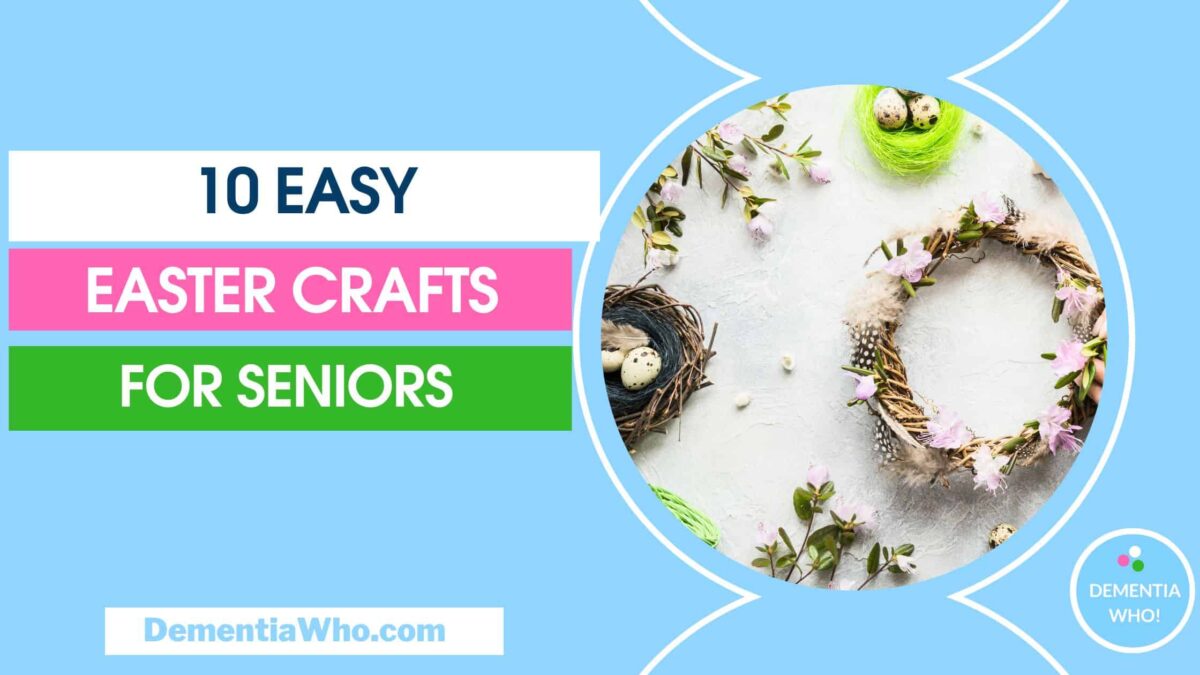
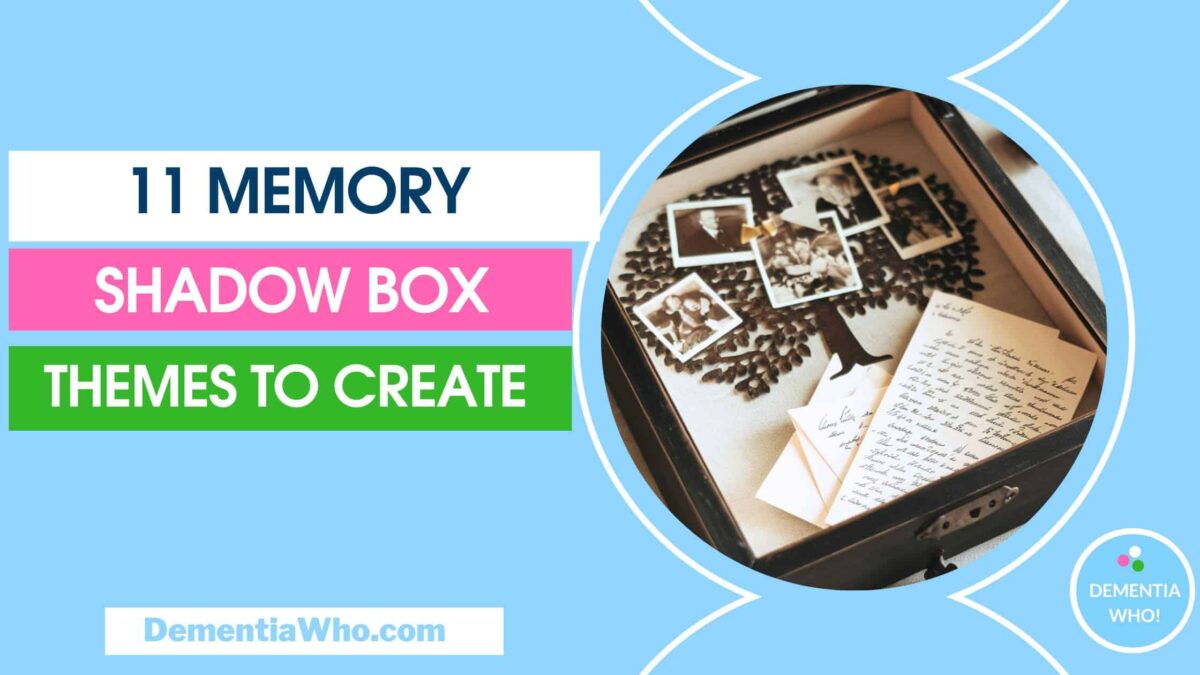


Awesome. This is a great resource for paid staff and family carers
Thank you for your lovely comment.